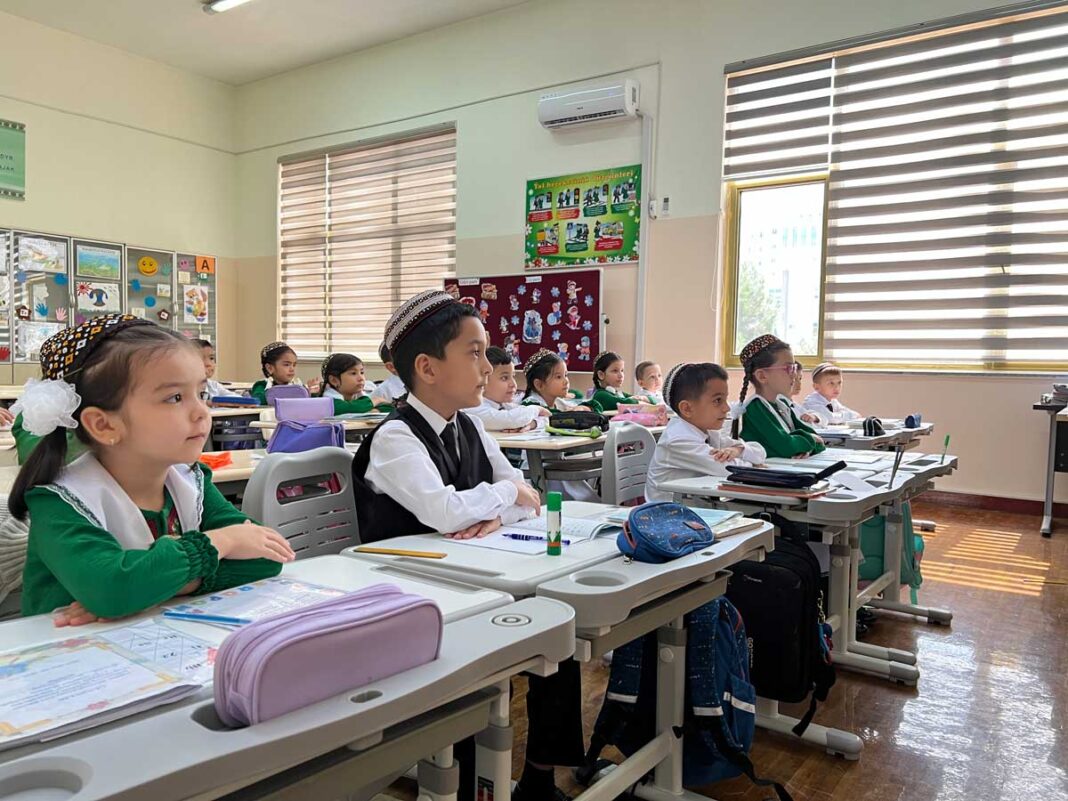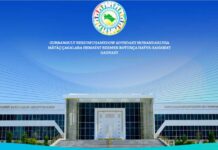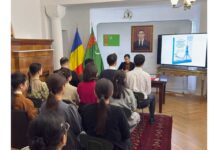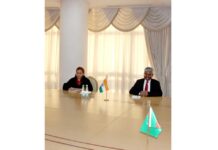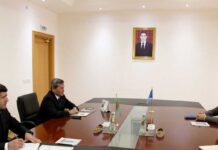UNICEF, together with the Ministry of Education of Turkmenistan and social protection partners, are taking the next step to bring inclusive education to pilot schools and kindergartens across the country. The initiative is designed to ensure that every child – including children with disabilities and developmental challenges – can learn, play and thrive in supportive environments.
During 14–20 September, international and national experts worked side by side with teachers, specialists and school leaders to strengthen systems for inclusion. Ms. Marina Emets, a specialist from the Saint Petersburg Institute of Early Intervention, is working closely with the Ashgabat Rehabilitation Centre, supporting pilot kindergartens working with children with autism and other developmental needs. Through supervision, training and joint planning, the rehabilitation center is becoming a key resource for early identification, referral and support for children with disabilities and their families.
UNICEF expert Filomena Pereira from Portugal also worked with teachers and school administrators on practical strategies. These included involving parents, using inclusive and culturally sensitive language, introducing interactive and play-based learning, and monitoring the progress of every child. By the end of the week, school teams had developed draft plans to strengthen inclusive practices in their classrooms.
As part of the programme, pilot kindergartens (no’s 14 and 160) and schools (no’s 29 and 74) are receiving direct support to make classrooms more accessible. Adjustable desks and chairs, tailored to children’s physical needs, help students maintain better posture and learning, and help teachers provide higher quality learning experience. This support addition has been particularly important as the new 1st grade students with additional needs were enrolled in the pilot facilities.
“This next phase is about turning principles into practice” said UNICEF Turkmenistan Representative Jalpa Ratna. “We are helping schools and kindergartens test and refine inclusive approaches, build confidence among teachers and families, and create more classrooms where every child feels welcome and supported.”
UNICEF’s inclusive education programme is part of the upcoming 2026–2030 Country Programme, which prioritizes early years development, disability inclusion and quality education for all. The initiative also aligns with Turkmenistan’s National Action Plan on Implementation of the Rights of the Child, ensuring that no child is left behind.

